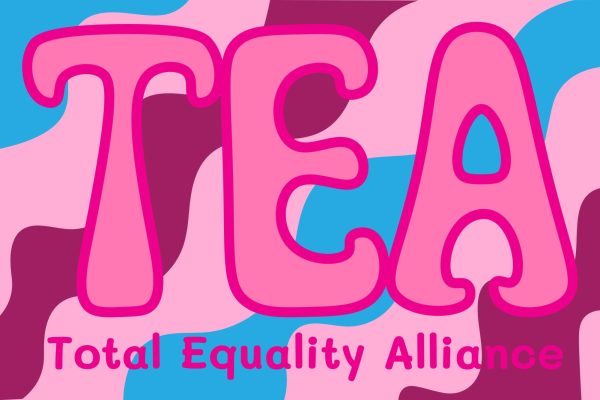Gillette should put action behind toxic masculinity advertisement
Gillette’s newest advertisement centered around the concept of toxic masculinity — the ways in which the Patriarchy is harmful to men. Toxic masculinity explains certain ideas as damaging to the male psyche due to the gender role in which it places males — emotionless, sexually aggressive and violent.
Although the company had good intentions with the production of this type of advertisement, the value was lost in attempting to connect the concepts to Gillette’s main product, razors, as a sale point. However, the imagery is not lost that sons can take away a great deal of lessons from their fathers, including those surrounding character and shaving.
Gillette would have had more of an impact had they taken the approach of creating a public service announcement, similar to those of Dove on the topic of body image.
The advertisement argues that men can be better than what society deems normal masculine behavior, and that the change begins with men holding one another accountable. This is a good start — we should all be held accountable for our actions in some form.
Gillette’s advertisement empowers men through commonplace examples of toxic masculinity so that those watching will have ideas of how to handle any potential upcoming situations in their own lives.
In order for Gillette’s stance to hold meaning, there should be some action behind the words. This advertisement would have been a great introduction to announcing the company’s campaign to fund programs that would lead to the betterment of male development, perhaps focusing in areas in which “masculine” behavior is required from men in order for their survival. Low-income areas often demand the masculine qualities of males the most.
Because Gillette does not currently fund any programs of this nature, one can be lead to believe that this advertisement was simply one to garner attention from citizens. Whether you love or hate the commercial, you have most likely heard about it or discussed it in some form.
Although the advertisement could have been created in a better manner, it should not have been met with such hostility or dismissiveness. Gillette’s concept of advocating for the betterment of male behavior as a whole is not wrong. Men should always be able to express emotion, treat women with equal respect and not be expected to act in anger.











